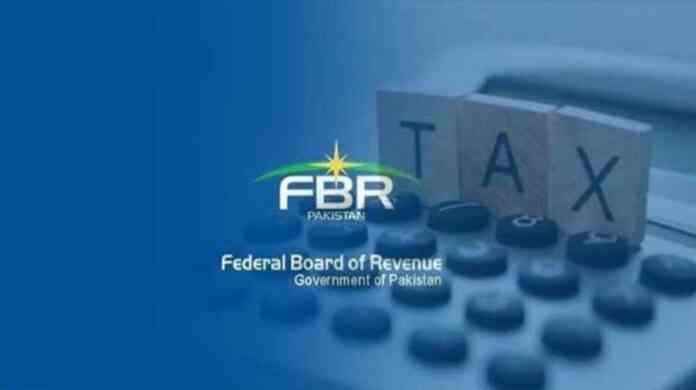Karachi, June 11, 2025 – In a significant development aimed at tightening the noose around tax evaders, the Federal Board of Revenue (FBR) has been granted sweeping powers to obtain information from banks concerning individuals deemed high-risk for tax purposes. This authority has been introduced through the Finance Bill 2025, which proposes a new section—175AA—to the Income Tax Ordinance, 2001.
Under the newly inserted section 175AA, the FBR has been authorized to exchange banking and tax information relating to individuals or classes of persons identified as high-risk. This information exchange is intended to detect discrepancies between declared income and actual banking activity.
According to the proposed legislation, the FBR may share data with scheduled banks, including information on turnover, declared income (including taxable income), bank account numbers listed in tax returns, wealth statements, or financial documents submitted to the FBR. These details, combined with advanced data algorithms, will help identify individuals whose banking activity appears inconsistent with declared financial records.
In return, scheduled banks will be legally obligated to furnish the FBR with information such as account titles and numbers for individuals whose banking transactions deviate from the declared financial data provided by the FBR. This two-way data-sharing mechanism is expected to significantly improve FBR’s ability to track undeclared income and enforce compliance with tax laws.
The law overrides existing secrecy clauses under the Banking Companies Ordinance, 1962, and any conflicting rules under the State Bank of Pakistan Act, 1956. However, the information acquired by the FBR under this section is strictly limited to use for tax and related enforcement actions and must be treated as confidential.
This move marks a strategic shift in Pakistan’s financial surveillance system and represents one of the most aggressive steps taken by the FBR to combat the shadow economy and bring high-risk individuals into the documented tax net.
Analysts believe this could significantly boost revenue collection and promote greater transparency in the financial system by targeting unexplained income and suspicious banking activity.
